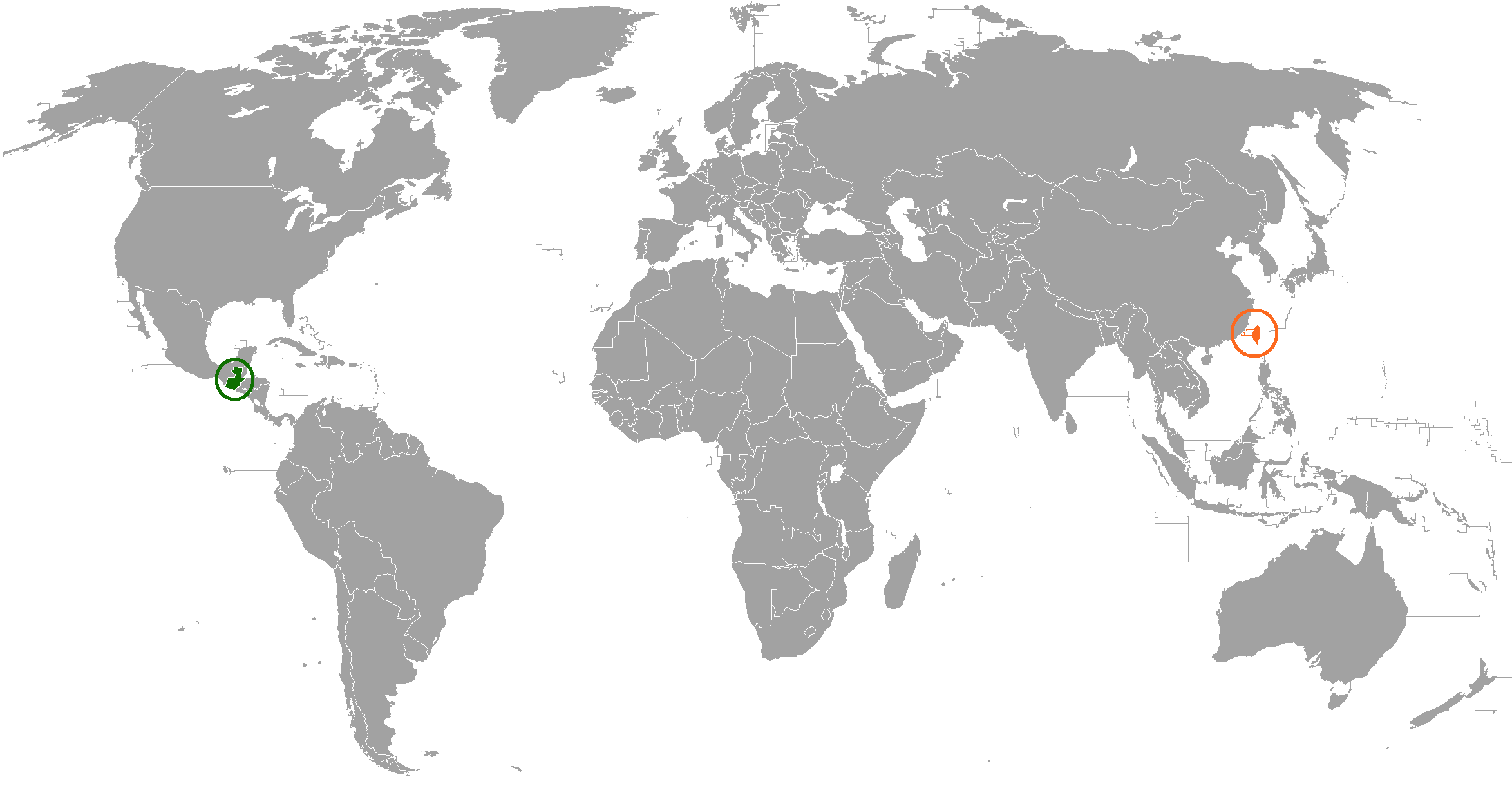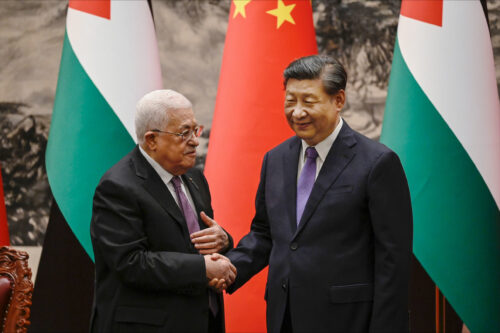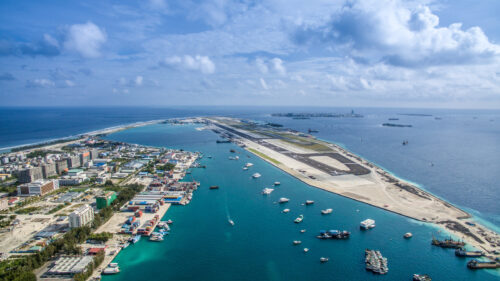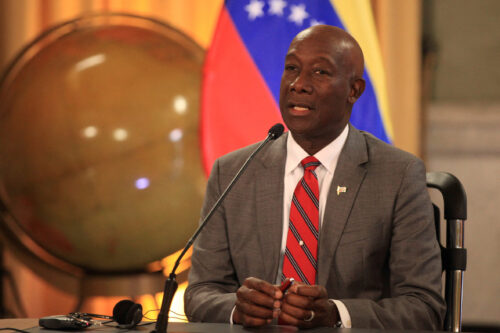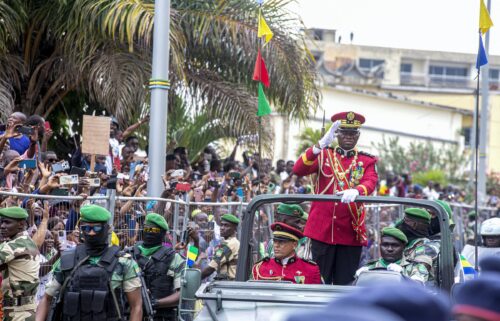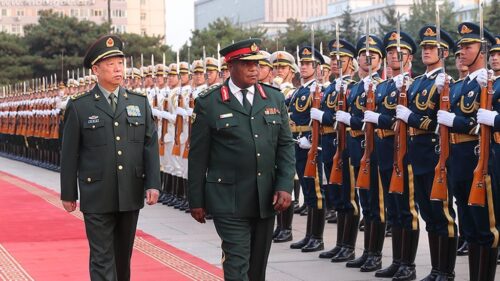Our weekly explainer series, China Ties, looks at China’s relationship with different countries of the world.
Guatemala is Taiwan’s main Central American ally — which isn’t saying much these days. Once a crucial area of Taiwanese support, over the past seven years, the region has seen Honduras, Nicaragua, Panama, and El Salvador all switch diplomatic relations to the P.R.C. Only two remain: Belize and Guatemala.
The P.R.C. claimed during recent Guatemala elections that jumping ship “is the right choice that is in line with the trend of history,” but it’s not quite that simple. Guatemala has always been important to Taiwan. It has the biggest economy of the 13 nations that still recognize it, with the biggest population in Central America. President-elect Bernardo Arévalo has said he will keep ties with Taiwan — then again, so did Honduran President Xiomara Castro after she was elected last year, before switching in early 2023.
In public, Guatemala has been loud and clear. “We are the last country in which China has not succeeded in inserting itself,” outgoing president Alejandro Giammattei told the Financial Times in 2021, claiming it was out of “principle” that Guatemala still kept ties with Taiwan. But bribes, and the hope of keeping goodwill with the U.S., has done some heavy lifting, too.
The relationship started in 1933. Taiwan set up a diplomatic mission and embassy in Guatemala far earlier than neighboring allies in Central America, and provided training for government troops during Guatemala’s 36-year civil war (1960-1996) — although these troops inflicted genocide on the country’s indigenous population. The P.R.C. made a rare use (at that time) of its Security Council veto to block a UN peacekeeping mission to Guatemala after the war, seen as a punishment for its support of Taiwan.
Besides this, the Taiwanese relationship has been moderately prosperous. Recent funding initiatives have aimed to boost local economies and food banks, train medical experts, and provide disaster relief. In the same interview with the Financial Times, Giammattei claimed not only had he refused P.R.C. offers of vaccines during the pandemic, but also that Taiwan had been able to supply PPE when no one else could. Although Taiwan can’t match anything like the P.R.C.’s grand infrastructure designs, Taiwan has nevertheless given $600 million in grants and loans to refurbish a vital highway connecting the capital, Guatemala City, to the country’s main Atlantic port.
And when Taiwan has needed help on the international stage, Guatemala has always had its back, like when Taiwan campaigned for membership of the World Health Organization in 2020, or brought complaints against P.R.C. trading practices to the World Trade Organization.
Republic of Guatemala
Founded: March 21, 1847
Population: 18.1 million
Government: Constitutional Democracy
Capital: Guatemala City
Largest City: Guatemala City
Established relations with Taiwan: June 15, 1933
But naturally, it’s hard for Taiwan to compete with what the P.R.C. can offer. Taiwanese foreign direct investment (FDI) is unremarkable — Guatemala’s published figures imply it’s small enough to be lumped into “other countries” on its list of foreign investors. In 2019, the Guatemalan government noted that since it signed a free-trade agreement with Taiwan 13 years before, bilateral trade had increased by $60 million. Meanwhile, Costa Rica’s bilateral trade with the P.R.C. had increased by $440 million by 2019, only eight years after signing its own free-trade agreement.
So of course Guatemala has courted P.R.C. investment since the 1980s, despite the lack of diplomatic ties. It’s now Guatemala’s second-biggest importer. Some traders hope for bigger business with the P.R.C. and root for a diplomatic switch, which is ammunition for Chinese state media. Statements by the P.R.C.’s Ministry of Foreign Affairs claim deeper relations is the desire of the Guatemalan people.
Meanwhile, Guatemalan elites hope backing Taiwan is a stepping stone into U.S. favor — the latter is Guatemala’s main trading partner, biggest source of FDI, and biggest arms supplier. But in recent years, the country’s rampant government corruption has soured relations with the Biden administration. Taiwan has helped fund the country’s lobbying efforts in Washington, and Giammattei has spoken in the UN of Guatemala’s support of Taiwan as evidence of their sincere friendship.
As in Solomon Islands, Taiwan has sometimes taken advantage of elite corruption. In 2014, former president Alfonso Portillo pleaded guilty before the U.S. Congress to accepting $2.5 million in bribes from Taiwan to ensure his government maintained its diplomatic alliance. “At election time in Central America we have heard that Taiwan still gives money to the candidates, not to the parties, but as individual presents,” one Guatemalan journalist told Colin Alexander, an expert on Taiwan-Central American relations at Nottingham-Trent University, in 2011.
On the heels of his victory, President-elect Bernardo Arévalo has said he will “continue working with both” Chinas — he’d had talks with Taiwan about how to advance their relationship during the campaign, also saying he would expand trade relations with the P.R.C.
But it’s unclear if getting the best of both worlds will stick. Arévalo vowed to root out government corruption, yet bribes seem to have played a big part in the Taiwanese relationship. “In Guatemala it has never been a secret that the Taiwanese embassy has been compensating generously the Presidents that decide not to establish diplomatic relationships with China,” wrote the Guatemala Times in 2010.
Arévalo has also vowed to cut down poverty in Guatemala, which would mean a boost in spending. As pointed out in this article from the Atlantic Council, it could make sense to turn to a country that has bigger coffers.
Time will tell.

